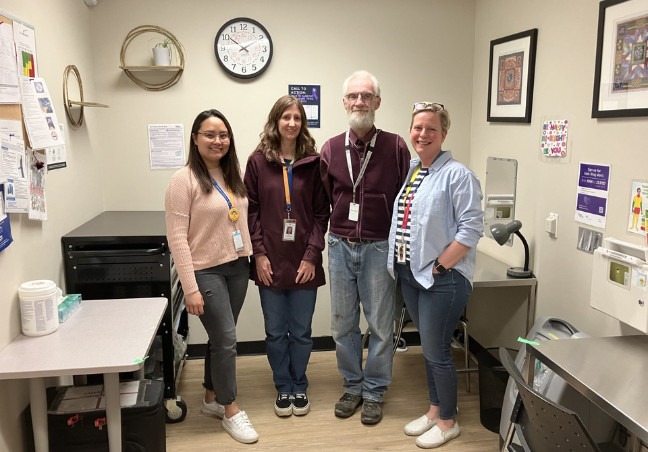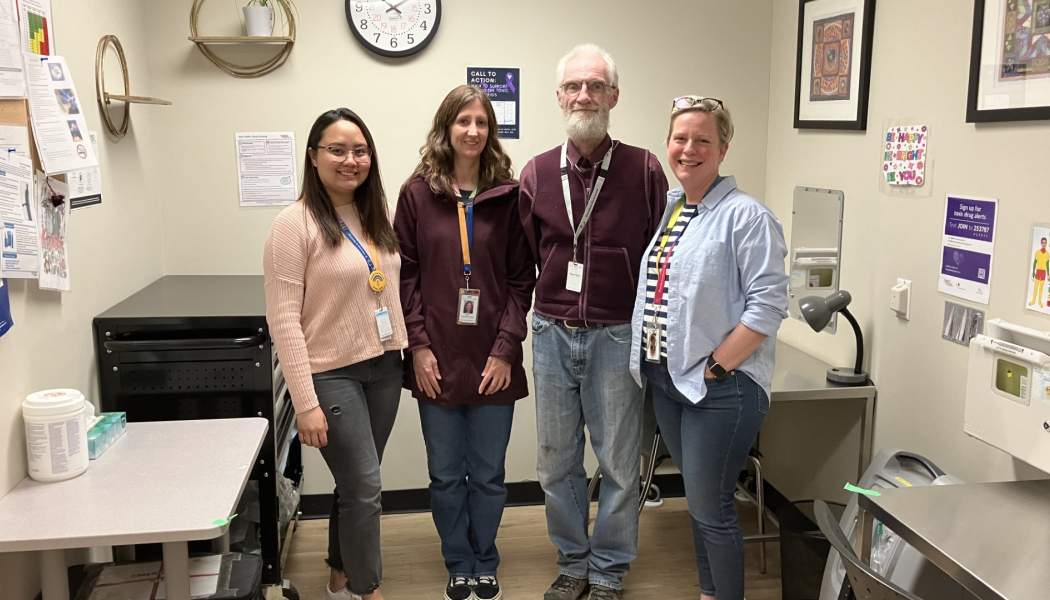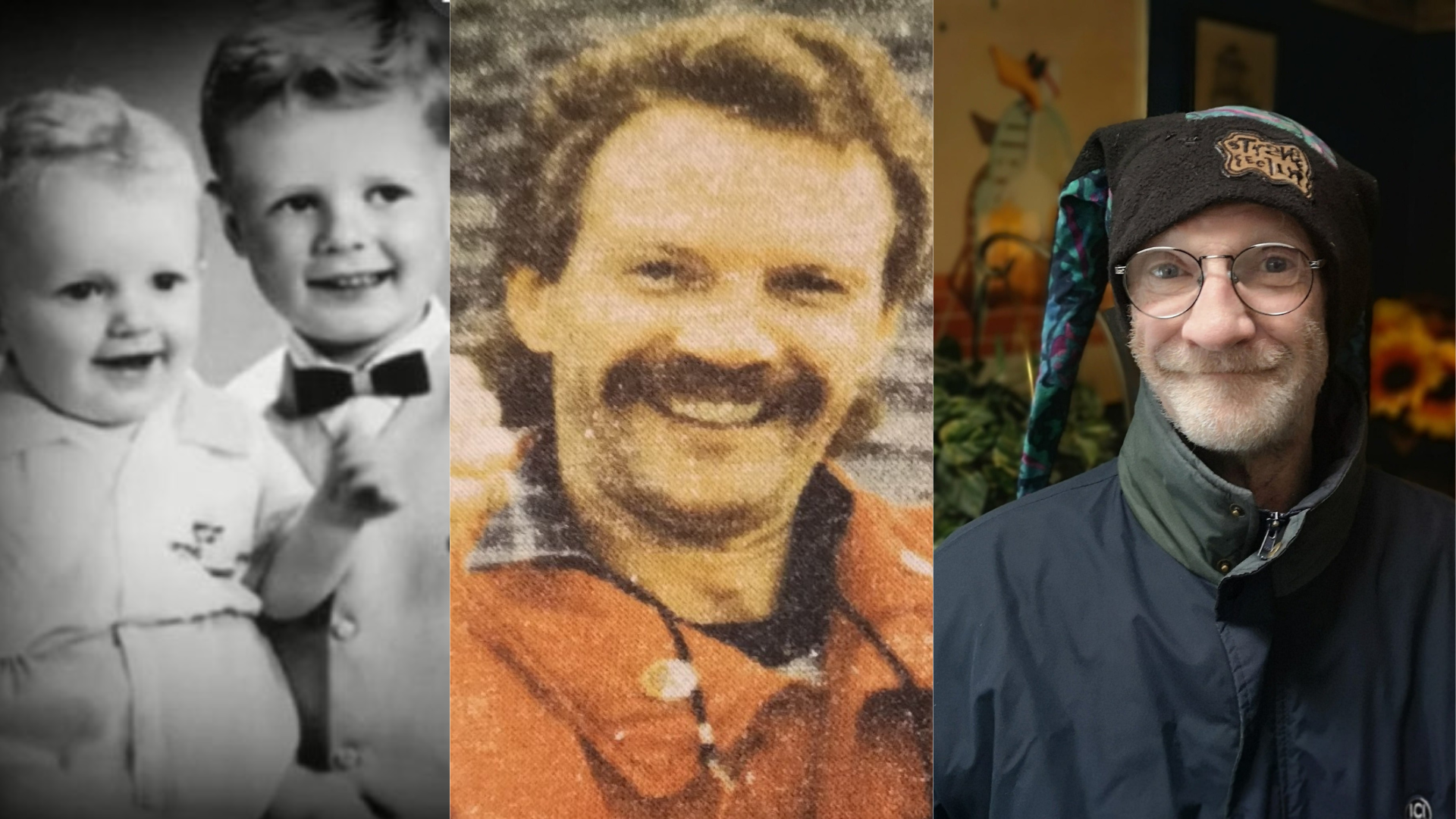In the eight years since B.C. declared a public health emergency because of deaths due to unregulated drug poisonings, we’ve seen more than 14,000 people die in this province.
Do an online search about the toxic drug crisis, and the statistics jump out from the screen—numbers that are incomprehensible. But it seems the larger the numbers, the less compassionate we feel for the humans who have died. It’s called “psychic numbing,” a phenomenon in which the value of a single life diminishes the larger the tragedy. And this tragedy continues to grow.
But unlike deaths from natural disasters and disease in which those who have died aren’t considered at fault, the toxic drug crisis is shaded by stigma, shame, anti-Indigenous racism, labels and blame. Myths and misconceptions abound about who’s dying, where they are dying, and why.
On this eighth anniversary of the toxic drug crisis, we want to introduce you to three people who have lived experiences with unregulated drugs. All are peer volunteers for Interior Health, working in our offices, overdose prevention sites and as outreach workers to help others.
We asked them to share their perspectives, what they want you to know, and what you can do to change the conversation.*
















